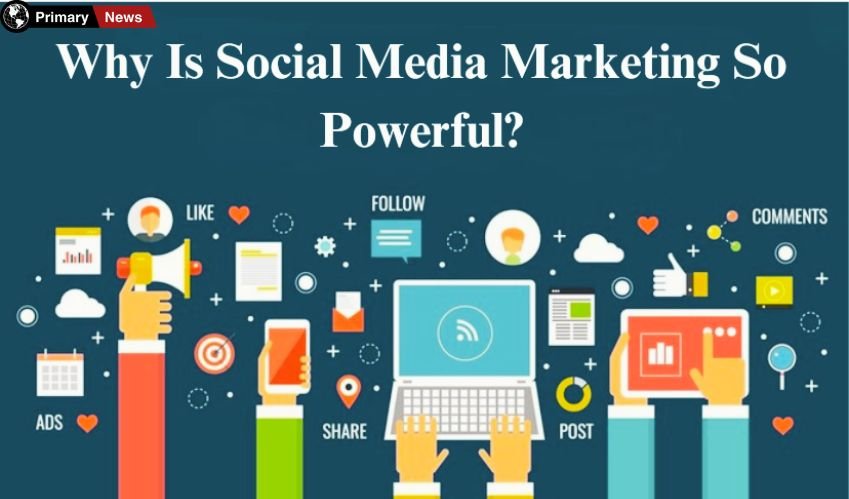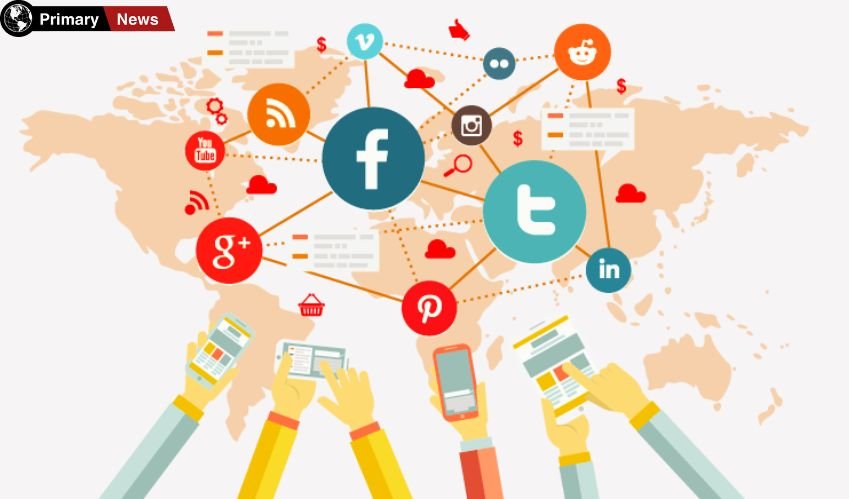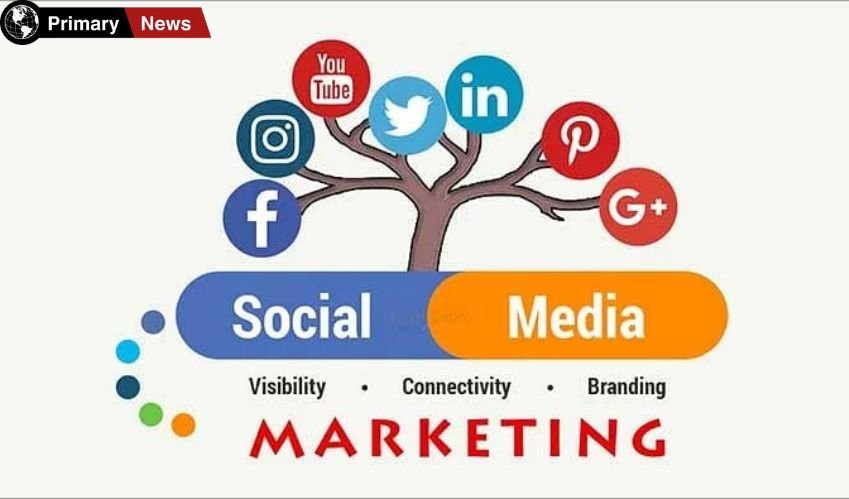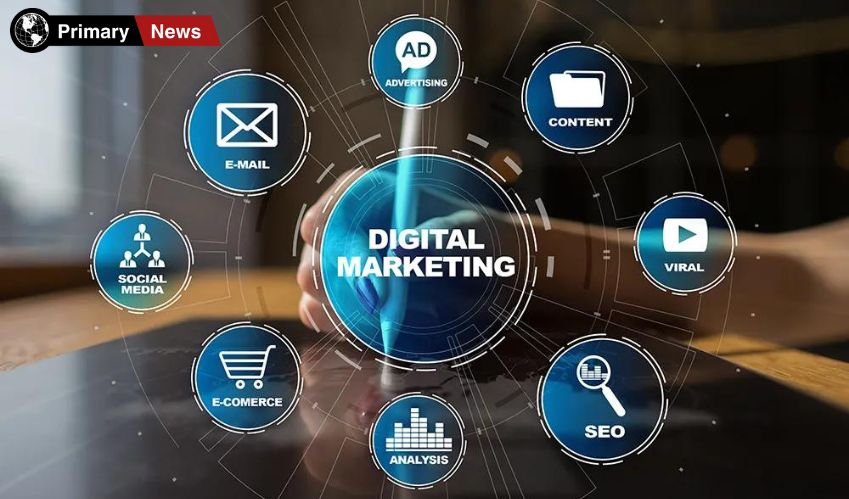In the digital age, social media marketing (SMM) has become an indispensable tool for businesses striving to enhance their brand presence, drive engagement, and generate revenue. As more companies recognize the potential of social media platforms, understanding the intricacies of SMM, its power, and how to leverage it effectively is crucial for success. This comprehensive guide delves into what SMM is, why it’s so potent, how it operates, and strategies for monetizing it.
What Is Social Media Marketing (SMM)?
Social Media Marketing (SMM) refers to the use of social media platforms and websites to promote a product or service. It involves creating and sharing content tailored to social networks to achieve marketing and branding goals. These platforms, including Facebook, Instagram, Twitter, LinkedIn, and TikTok, serve as electronic digital channels that enable businesses to connect with their target audience, build brand awareness, and drive website traffic.
SMM is a subset of digital marketing that emphasizes the role of social media in engaging users and fostering relationships. Unlike traditional marketing, which often relies on one-way communication, SMM leverages interactive digital channels to facilitate two-way interactions. This approach allows businesses to gather valuable customer data, feedback, and insights, which can be used to refine their marketing strategies.
Why Is SMM So Powerful?

Several factors contribute to the immense power of social media marketing:
Brand Awareness and Recognition
Social media platforms offer an unparalleled opportunity to increase brand awareness and recognition. By engaging with users on platforms like Facebook, Twitter, Instagram, and LinkedIn, businesses can create a strong brand presence and reach a vast online audience. The viral nature of content on social media means that your brand can gain exposure quickly through shares, likes, and comments.
User Engagement and Interactive Digital Channels
SMM is all about fostering user engagement and interaction. Social media provides interactive digital channels where businesses can communicate directly with their audience, gather real-time feedback, and build relationships. This two-way communication helps in creating a more personalized customer experience and increases brand loyalty.
Cost-Effective Marketing
Compared to traditional marketing methods, social media marketing is relatively cost-effective. Platforms like Facebook and Instagram offer targeted advertising options that allow businesses to reach specific demographics with minimal spend. Additionally, many social media tools and content platforms provide free or low-cost options for content creation and distribution.
Data Analytics and Customer Insights
Social media platforms generate a wealth of data that can be analyzed to gain insights into customer behavior and preferences. By leveraging data analytics, businesses can better understand their target audience, track engagement metrics, and measure the effectiveness of their social media campaigns. This information is crucial for optimizing marketing strategies and improving return on investment (ROI).
Viral Marketing and Shareable Content
One of the most appealing aspects of SMM is its potential for viral marketing. Shareable content that resonates with users can spread rapidly across social networks, amplifying your brand’s reach and impact. This organic form of promotion, also known as electronic word-of-mouth (eWOM), can significantly boost brand visibility and drive traffic to your website.
How Social Media Marketing (SMM) Works

Understanding how SMM functions is key to leveraging its benefits effectively. Here’s a breakdown of the process:
Developing a Social Media Strategy
A successful SMM campaign begins with a well-defined strategy. This includes identifying business objectives, target audience, and key performance indicators (KPIs). A social media strategy should align with the overall marketing strategy and business goals.
Content Creation and Curation
Creating high-quality, engaging content is central to social media marketing (SMM). Content should be tailored to each platform’s audience and format. This includes blog posts, infographics, videos, and interactive content. A content calendar helps in planning and maintaining a consistent posting schedule.
Platform-Specific Strategy
Each social media platform has its own algorithm changes and audience dynamics. Developing platform-specific strategies ensures that content is optimized for each network. For instance, visual content performs well on Instagram, while professional content is suited for LinkedIn.
Audience Targeting and Segmentation
Social media tools allow for precise audience targeting based on demographics, interests, and behaviors. Customer segmentation helps in delivering personalized content that resonates with different audience segments.
Social Media Campaigns and Ads
Running targeted social media campaigns and ads can drive traffic, increase brand awareness, and generate leads. Platforms offer various ad formats, including sponsored posts, carousel ads, and video ads, to achieve specific marketing goals.
Monitoring and Analytics
Social media monitoring tools track engagement metrics, customer feedback, and social media trends. Analyzing this data helps in understanding audience behavior and optimizing future content and campaigns.
Engagement and Interaction
Actively engaging with users through comments, messages, and posts fosters a sense of community and encourages positive interactions. Managing customer complaints and feedback effectively enhances the brand’s reputation.
How to Earn Money from Social Media Marketing (SMM)?

Monetizing social media marketing involves leveraging your presence and influence to generate revenue. Here are some strategies to capitalize on SMM:
Affiliate Marketing
By promoting products or services through affiliate links, you can earn commissions on sales generated through your social media channels. Shareable content and influencer partnerships can boost affiliate marketing efforts.
Sponsored Content
Partnering with brands for sponsored posts or collaborations provides an opportunity to earn money. Influencers and content creators often work with companies to create sponsored content that aligns with their audience.
Selling Products or Services
Social media platforms can be used to promote and sell your own products or services. Leveraging features like Facebook Shops or Instagram’s Shopping tags can facilitate direct sales through social media channels.
Offering Consulting Services
If you have expertise in social media marketing (SMM), you can offer consulting services to businesses looking to improve their social media presence. Providing strategic advice, campaign management, and content creation services can be lucrative.
Monetizing Content
Platforms like YouTube and TikTok offer monetization options for content creators. By meeting platform requirements and engaging with your audience, you can earn revenue through ad placements, sponsorships, and viewer contributions.
Building an Online Audience
Growing a substantial online following can attract brands looking for influencer partnerships. As your social media presence expands, opportunities for collaboration and sponsorships increase.
Data and Analytics Services
Providing businesses with social media analytics and insights can be another revenue stream. Helping companies understand their audience and optimize their strategies based on data can be valuable.



